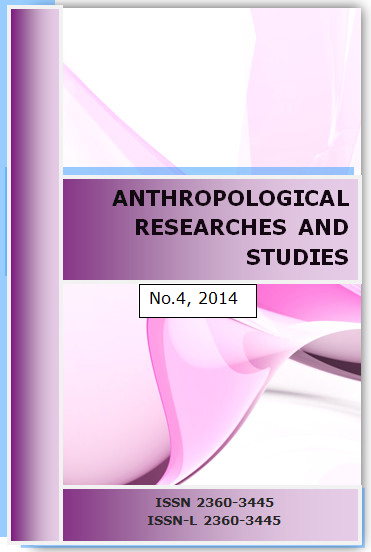Studying Hallyu in Central and Eastern Europe: challenges for empirical research
Studying Hallyu in Central and Eastern Europe: challenges for empirical research
Author(s): Valentina MarinescuSubject(s): Social Sciences
Published by: Institutul de Antropologie ,,Francisc I. Rainer” al Academiei Române
Keywords: empirical research; position and reflexivity in the field; gatekeeper; interviews; area research.
Summary/Abstract: Objectives. The objectives of the present paper are to cast light on the realities of attempting to record and analyze the everyday life, practices, and challenges of such an empirical project on the practices, opinions and attitudes of Korean-fans from central and Eastern Europe and the Balkans. Material and methods. The analysis used the secondary analysis of data, interviews and ethnographic recordings of the research process. Results. Based on the results of the triangulation of the methods, the present study revealed the characteristics of fieldwork for such a research project. First, it is difficult to reach the voices one wants to hear due to the time-consuming type of research involved. Second, in-field negotiations and their numerous understated assumptions can bring a high degree of stress and exhaustion for the researcher. Third, the relationships between researchers and their subjects fall along a spectrum from “reciprocal” to “potentially exploitative”, while continuing to be “inherently hierarchical”. From here, one cannot continue to work with and gain information from local individuals without giving back – whether through gifts or simply being a sympathetic ear. Conclusions. The basic conclusion of the study is the necessity of an increased number of comparative social research projects in Central and Eastern Europe and the Balkans in order to gain a deeper understanding of the peculiarities of this type of scientific enterprises.
Journal: Anthropological Researches and Studies
- Issue Year: 2014
- Issue No: 4
- Page Range: 30-45
- Page Count: 16
- Language: English

